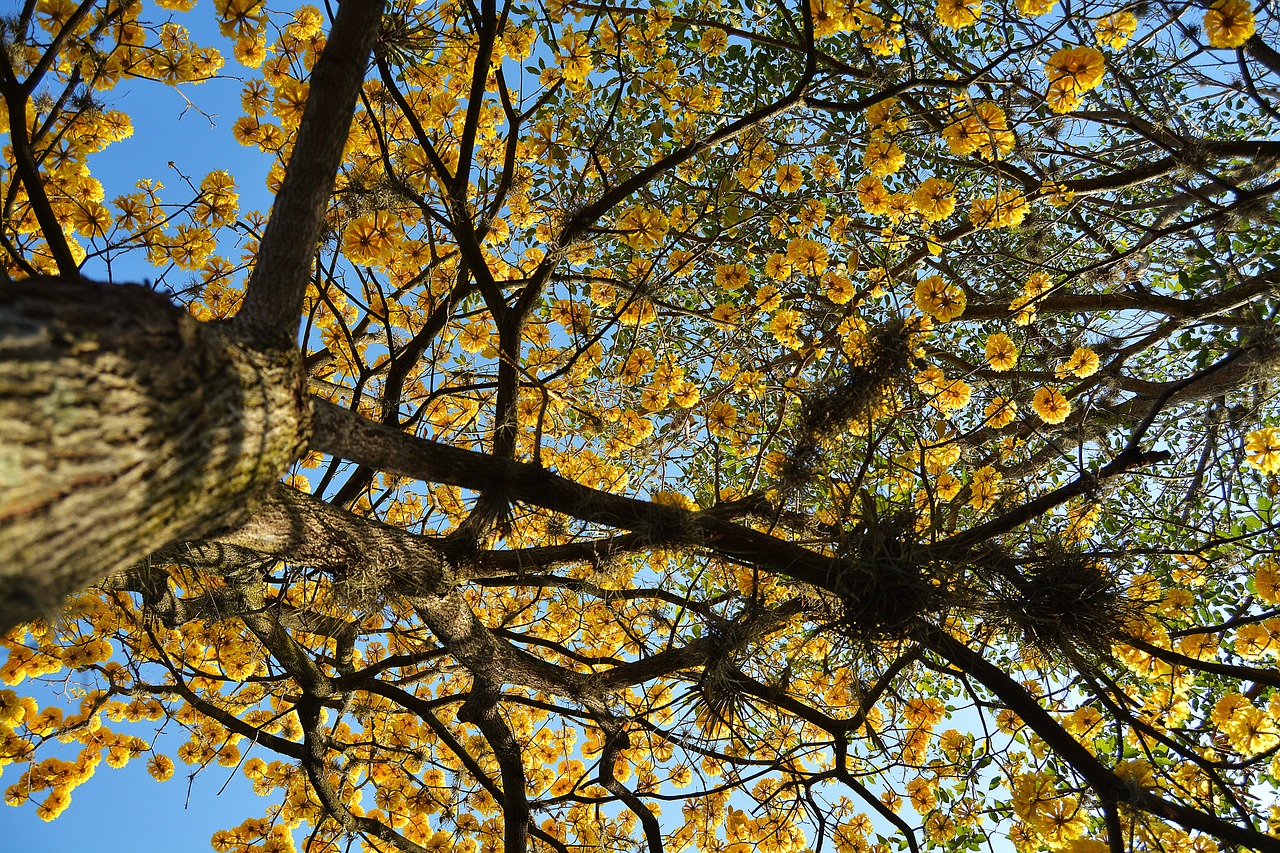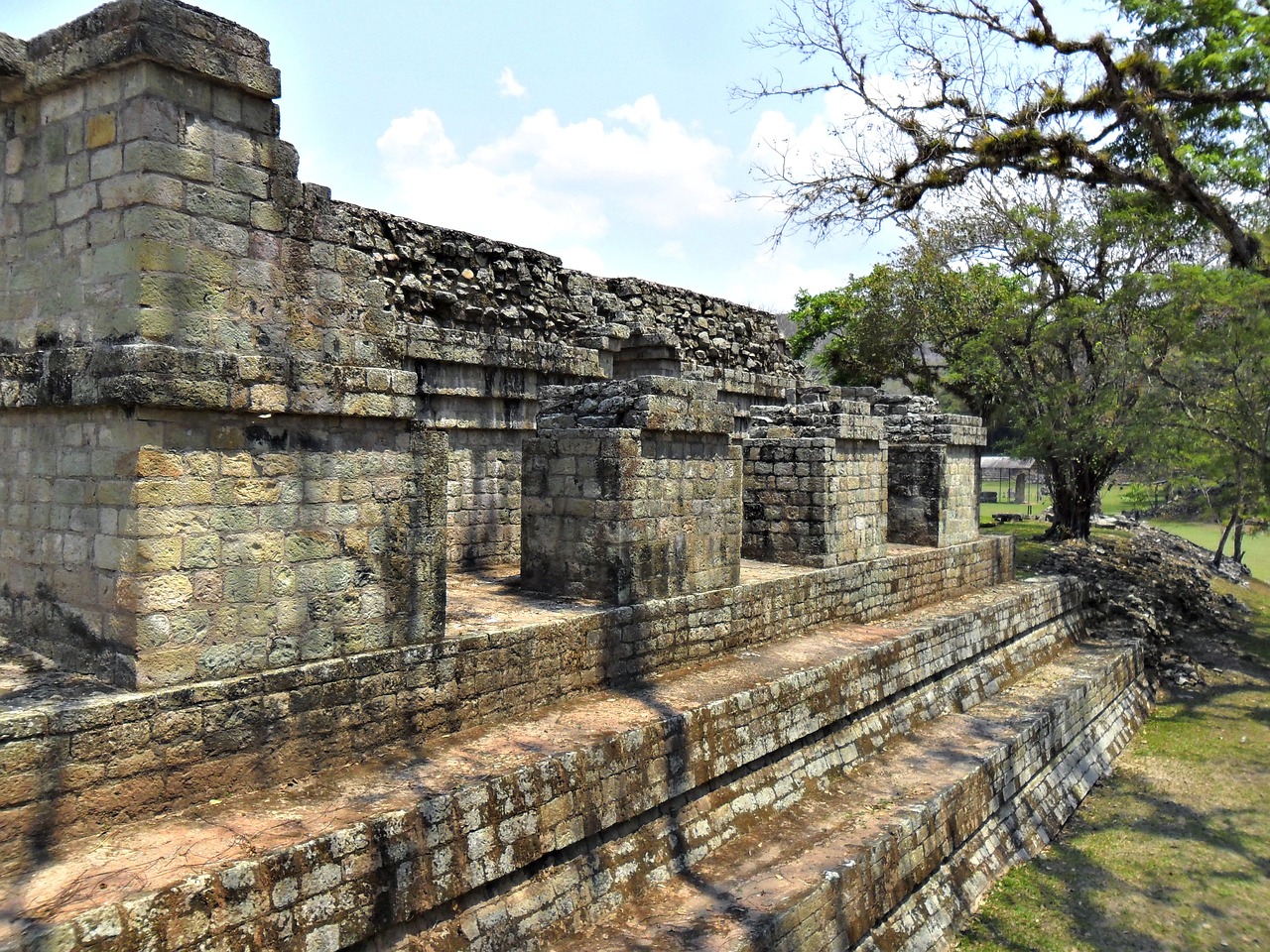Honduras Video
Cultural Sensitivities: Understanding Local Norms in Honduras
Honduras, a vibrant Central American country known for its rich cultural heritage and stunning natural beauty, offers visitors a unique experience. To fully immerse yourself in the local culture and avoid unintentionally causing offense, it is essential to understand and respect the cultural sensitivities and norms of the country. This article will provide valuable insights into the various aspects of Honduran culture that visitors should be aware of.
Language and Communication
Honduras is a primarily Spanish-speaking country, with Spanish being the official language. While some locals may speak English, especially in tourist areas, it is advisable to learn a few basic Spanish phrases to facilitate communication. The effort to speak the local language is greatly appreciated and shows respect for the culture.
- Greetings: When meeting someone for the first time, it is customary to greet them with a handshake and maintain eye contact. Addressing people using their titles and last names is also considered respectful.
- Punctuality: Hondurans value punctuality, so it is important to arrive on time for appointments or social gatherings. However, it is common for locals to have a more relaxed approach to time, so don’t be surprised if meetings start a little later than scheduled.
- Personal Space: Hondurans generally have a close personal space, so it is common for people to stand or sit closer to each other during conversations. This should not be interpreted as invasion of privacy.
- Non-Verbal Communication: Non-verbal cues, such as hand gestures and body language, play an important role in Honduran communication. It is important to be aware of these cues to better understand the intended message.
Clothing and Dress Code
Hondurans take pride in their appearance and dressing appropriately is important in their culture. While the dress code may vary depending on the occasion, it is generally recommended to dress modestly and conservatively, especially when visiting religious sites or rural areas.
- Religious Sites: When visiting churches or other religious sites, it is important to dress modestly, covering shoulders and knees. Wearing hats or sunglasses inside religious buildings is considered disrespectful.
- Beachwear: While beach areas are more relaxed, it is still advisable to cover up when away from the beach and respect local customs. Avoid walking around in swimwear outside designated beach areas.
- Business Attire: If you are attending a business meeting or formal event, it is customary to dress in formal attire, such as suits for men and conservative dresses or suits for women.
- Traditional Clothing: Honduras has a rich indigenous heritage, and traditional clothing is still worn in some rural areas. If you have the opportunity to witness or participate in cultural events, it is important to respect and appreciate traditional attire.
Religious and Cultural Practices
Honduras has a diverse cultural and religious landscape, with various practices and traditions that should be respected and observed by visitors.
- Catholicism: The majority of Hondurans are Roman Catholic, and the Catholic Church plays an important role in their lives. Visitors should be respectful when visiting churches and participating in religious ceremonies.
- Indigenous Traditions: Indigenous communities in Honduras have their own unique customs and traditions. If you have the opportunity to visit these communities, it is important to respect their practices and seek permission before taking photographs or participating in their rituals.
- Food Etiquette: Sharing meals with locals is a common practice in Honduras. When invited to someone’s home, it is customary to bring a small gift for the host. It is also polite to try a little bit of everything served and compliment the food.
- Respecting Elders: Honduran culture places a strong emphasis on respecting and honoring elders. It is important to show deference and use polite language when interacting with older individuals.
Gender Roles and Etiquette
Honduran society has traditional gender roles and expectations that visitors should be aware of to avoid unintentional offense.
- Machismo Culture: Honduras has a strong machismo culture, where traditional gender roles are emphasized. Men are often seen as the providers and decision-makers, while women are expected to fulfill domestic roles. Visitors should be sensitive to these cultural norms.
- Public Displays of Affection: While it is common for couples to show affection in private, public displays of affection, such as kissing or hugging, are generally not considered acceptable in Honduran culture.
- Gender-Segregated Spaces: Some social spaces, such as bars or clubs, may be gender-segregated. It is important to be aware of these norms and respect the designated areas.
- Respecting Women: Honduran culture places great importance on respecting women. Visitors should be mindful of their language and behavior to avoid any disrespectful or offensive actions.
Image 1:

Local Customs and Traditions
Honduras has a rich cultural heritage, with unique customs and traditions that visitors should be aware of to fully appreciate the local culture.
- Music and Dance: Music and dance are integral parts of Honduran culture. Traditional dances, such as the Punta and the Sopa de Caracol, are often performed during festivals and celebrations.
- Handicrafts: Honduras is known for its beautiful handicrafts, including pottery, textiles, and woodcarvings. Supporting local artisans by purchasing their crafts is a great way to appreciate their skills and contribute to the local economy.
- Festivals and Holidays: Honduras celebrates numerous festivals and holidays throughout the year. The most famous is Semana Santa (Holy Week), which features vibrant processions and religious ceremonies.
- Gastronomy: Honduran cuisine is diverse and influenced by indigenous, African, and Spanish flavors. Trying local dishes, such as baleadas, tamales, and sopa de caracol, is a must to experience the country’s culinary traditions.
Image 2:

Environmental Sensitivities
Honduras is home to breathtaking natural landscapes, and it is crucial to be mindful of the environment and local conservation efforts.
- Protected Areas: Honduras has numerous national parks and protected areas that are home to diverse flora and fauna. Visitors should follow designated trails, avoid littering, and respect wildlife habitats.
- Beach Conservation: When visiting the stunning beaches of Honduras, it is important to avoid leaving behind any trash and to respect the fragile marine ecosystem. Avoid touching or stepping on coral reefs to protect them.
- Water Conservation: Honduras experiences periodic droughts, and conserving water is essential. Visitors should be mindful of their water usage, especially in rural areas.
- Responsible Tourism: Supporting eco-friendly and sustainable tourism practices is crucial in preserving the natural beauty of Honduras. Choose tour operators and accommodations that prioritize environmental conservation.
Image 3:

Conclusion
Understanding the cultural sensitivities and local norms in Honduras is key to having a respectful and enriching experience in this beautiful country. By being aware of and respecting the language, communication styles, dress codes, customs, and environmental sensitivities, visitors can forge meaningful connections with the local community and fully appreciate the cultural richness that Honduras has to offer.
References
- “Visit Honduras.” visit-honduras.com
- “Culture of Honduras.” everyculture.com
- “Honduras Travel Guide.” roughguides.com
- “Honduras: Customs and Etiquette.” global-etiquette.com
- “Honduras: Language, Culture, Customs, and Etiquette.” commisceo-global.com

